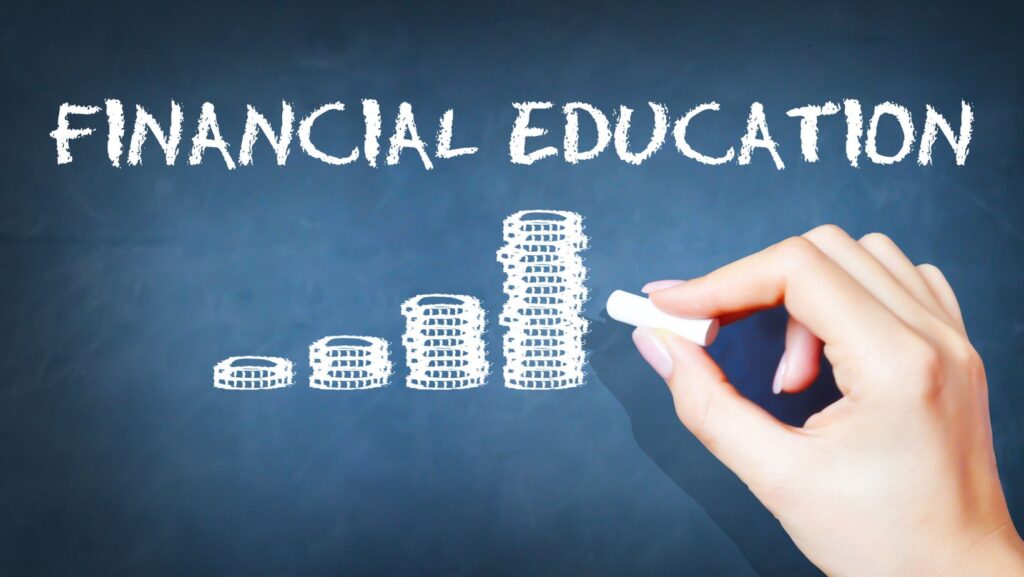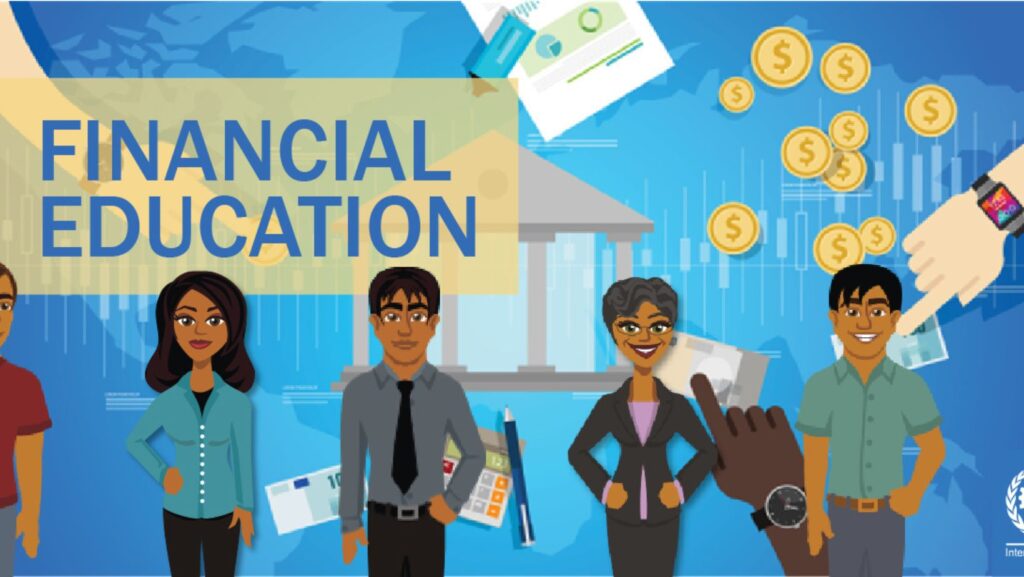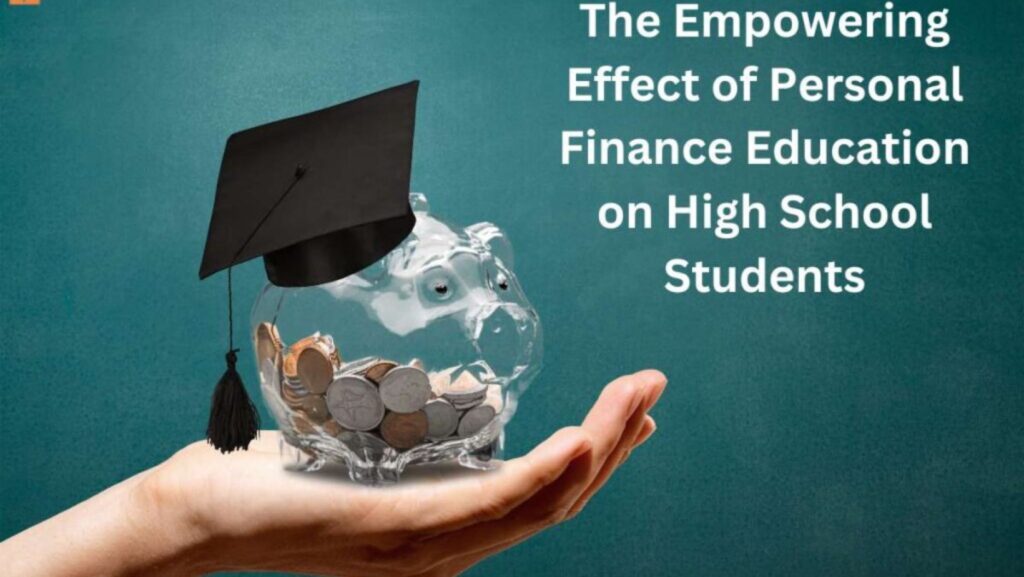
Personal Finance Education
As someone passionate about personal finance education, I believe that understanding personal finance education principles is crucial for individuals to make informed decisions about their money. Financial literacy empowers us to navigate the complex world of budgets, investments, and savings with confidence. It’s not just about making ends meet but also about securing a stable future.

When it comes to personal finance education, the earlier one starts learning, personal finance education the better. Introducing financial concepts from a young age can set a strong foundation for a lifetime of smart money management. Whether it’s learning how to budget effectively, how to take RMD from IRA CD, or understanding the power of compounding interest, these skills can have a profound impact on our financial well-being.
In today’s fast-paced world where financial markets are ever-evolving, staying informed and educated is key to achieving financial security. Personal finance education equips us with the tools needed to weather economic uncertainties and plan for long-term goals such as retirement or homeownership. By investing in our knowledge of finances, we invest in our own future stability and prosperity.
The Importance of Personal Finance Education
Personal finance education plays a CRUCIAL role in shaping individuals’ financial well-being. It provides the knowledge and skills necessary to make informed decisions about money management, investments, and budgeting. Without this foundational understanding, many people may struggle with debt, lack of savings, and poor financial choices.

Benefits of Personal Finance Education:
- Empowerment: Learning about personal finance EMPOWERS individuals to take control of their financial futures.
- Financial Stability: It helps establish good habits that can lead to greater FINANCIAL STABILITY over time.
- Risk Management: Understanding concepts like insurance, emergency funds, and retirement planning enables individuals to better MANAGE financial risks.
- Long-Term Goals: It assists in setting and achieving LONG-TERM FINANCIAL GOALS such as buying a home or retiring comfortably.
Statistics on Financial Literacy:
Below are some eye-opening statistics highlighting the importance of personal finance education:
| Statistic | Impact |
| 65% of Americans save little or nothing | Shows a LACK OF SAVINGS HABITS among many individuals |
| Only 24% of millennials demonstrate basic financial literacy | Indicates a NEED FOR IMPROVED EDUCATION on finances |
| Over 30% carry credit card debt month-to-month | Highlights the ISSUE OF DEBT MANAGEMENT |
Real-Life Consequences:
Without adequate personal finance education, individuals may face serious consequences. From living paycheck to paycheck to falling into high-interest debt traps, the lack of financial knowledge can significantly impact one’s quality of life. By investing in financial education early on, both individuals and society as a whole can benefit from increased stability and security.
In conclusion, prioritizing personal finance education is not just beneficial; it is essential for navigating today’s complex financial landscape successfully. By equipping oneself with the necessary knowledge and skills, anyone can build a more secure financial future regardless of their starting point.
Key Components of Personal Finance Education
When delving into the realm of personal finance education, several key components stand out as fundamental pillars for financial literacy and well-being:

1. Budgeting Skills: Understanding how to create and stick to a budget is crucial in managing finances effectively. By tracking income and expenses, individuals can prioritize spending, identify areas for saving, and avoid debt traps.
2. Debt Management: Learning about different types of debt, interest rates, and repayment strategies empowers individuals to make informed decisions when borrowing money. Strategies such as debt snowball or avalanche methods can help in paying off debts efficiently.
3. Investment Basics: Introducing concepts like stocks, bonds, mutual funds, and retirement accounts equips individuals with the knowledge to grow their wealth over time. Understanding risk tolerance and diversification are key aspects of investment planning.
4. Savings Planning: Educating on the importance of emergency funds, short-term savings goals, and long-term investments fosters financial stability. Encouraging regular saving habits can provide a safety net during unexpected events.
5. Insurance Knowledge: Exploring various insurance options such as health insurance, life insurance, and property insurance helps individuals protect themselves financially against unforeseen circumstances like accidents or illness.
By incorporating these key components into personal finance education programs or individual learning efforts, individuals can enhance their financial acumen and make sound decisions regarding money management for a secure future.
